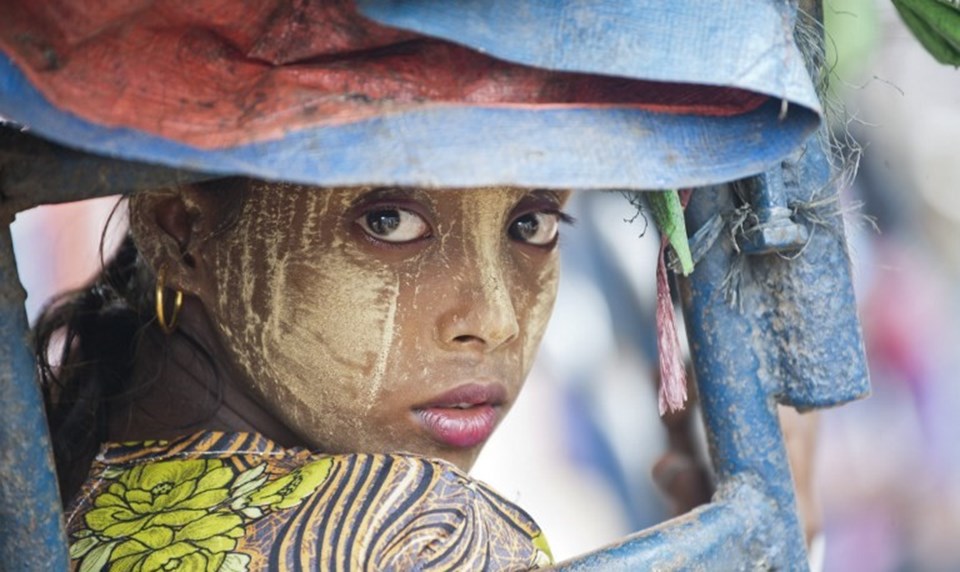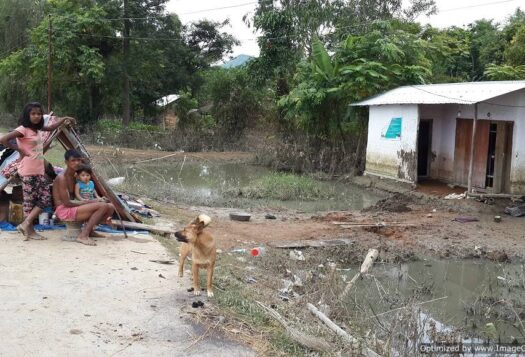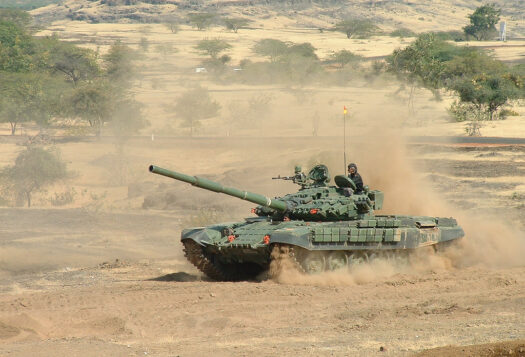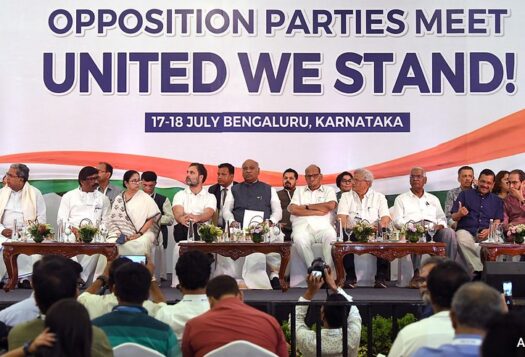
“Myanmar is a Buddhist country,” a rural man from central Myanmar stated to Columbia University’s David L. Phillips. “We are under siege from Muslims who came from Bengal to take our land and rape our children.” He further claimed that Buddhists “are a peaceful and tolerant people, but Islam is a religion of the sword.”
Myanmar, or Burma, is a nation with a Buddhist majority, estimated to be around 80 percent of the population. On the contrary, only 4 percent are Muslim. Experts believe that Islam existed in Myanmar since at least the Mrauk-U dynasty (1430-1785) in the Arakan Kingdom (which is present day Rakhine state). Even though Rohingya Muslims and Buddhists have lived together in the state of Rakhine, there has been a history of tensions between them, especially going back around 100 years.
Almost 20 years ago, Burma descended into violence involving the Burmese security forces, which forced more than 250,000 Rohingya to flee to Bangladesh. But the most recent conflict was triggered by the rape and murder of a young Buddhist woman Thida Htwe in June 2012, for which three Muslim men were believed to be responsible; they were later sentenced to death. In response, Buddhists attacked a bus, killing at least nine Muslims on board. This prompted clashes between the two groups, leaving 200 dead, and thousands of Rohingya Muslims displaced. Since then, the conflict has been escalating; in May 2015, thousands of Rohingyas were stranded in the Bay of Bengal and the Andaman Sea, as Burma’s Southeast Asian neighbors struggled with the massive toll of refugees and asylum seekers.
The Burmese government sees Rohingyas as illegal immigrants from Bangladesh. This has instigated discriminatory practices against the Rohingya; they are not considered citizens, while travel, education and land ownership have been blocked. The poverty rate of Rakhine state, where Rohingyas reside, stands at 78 percent.
The government receives support from local leaders on this issue. One such leader is Wirathu, who is locally known as the “Burmese bin Laden.” “We are being raped in every town, being sexually harassed in every town, being ganged up on and bullied in every town,” Wirathu said in an interview to The Guardian. He added: “In every town, there is a crude and savage Muslim majority.” Wirathu has thousands of followers on popular social media like Facebook, and is quite popular on YouTube, where he posts videos preaching religious intolerance. In one of his videos, Wirathu described the massacre of schoolchildren and other Muslims (which occurred in the city of Meiktila) in March 2013 as a signal of Buddhist strength, claiming that “if we are weak, our land will become Muslim.” Wirathu was imprisoned for anti-Muslim activities in 2003, but was released in 2012, and has been spreading venom since.
President Thein Sein and globally-renowned leader Aung San Suu Kyi have been criticized for not taking a bolder stand against the violence. Suu Kyi has publicly denied that violence against Muslims by Buddhists in Burma was ethnic cleansing, instead saying it resulted from “fear on both sides.”
Causes of Instability
1. Continued Denial of Rights
Locally, Rohingyas are often called Bengalis, which clearly implies their allegiance. In 2014, the government had promised to let Rohingyas identify themselves in the first national census, but later issued a directive to census officers to change the word Rohingya to Bengali.
2. Growing Islamic Radicalization
There is an illusion in Myanmar that Islam will overtake Buddhism as the country’s dominant religion. Wirathu openly stokes anti-Muslim sentiment and blames them for instigating violence in the region. He alleges that Middle Eastern nations are financing Muslims in Myanmar, saying: “The local Muslims are crude and savage because the extremists are pulling the strings, providing them with financial, military and technical power.”
3. Poor Rule of Law
A major issue has been the biased judicial system which brushes aside grievances of minorities in Myanmar. Police brutality was a cause for concern in March this year, when there was a crackdown on peaceful student demonstrations in favor of academic freedom. Having lost faith in the system, people are compelled to take the law into their own hands. This has resulted in vigilante justice.
4. Growing Displacement
Due to the 2012 conflict in Rakhine, around 140,000 civilians were displaced. Since then, the numbers have continued to grow. According to the UN Office for the Coordination of Human Affairs (UNOCHA)’s 2015 Myanmar Humanitarian Response Plan, there are more than 540,700 people in urgent need of humanitarian assistance due to conflict, out of which more than 77 percent are located within Rakhine. It is estimated that around 3 million people from Myanmar are currently living in Thailand as economic migrants, and more than 110,000 are residing in make-shift camps along the border. Displacement has continued this year with the UNHCR estimating that 25,000 Rohingya and Bangaldeshis fled on smuggler boats in the first three months of 2015, which is almost double over the same period last year.
Reaction from neighboring states has varied. Thailand is quite active in assisting displaced persons, providing food and medical supplies from time to time, but will not allow permanent settlers. On the contrary, Malaysia and Indonesia are unwilling to assist in this situation. Bangladesh is having a tough time—although sometimes they accept refugees, allowing them to live in shelter camps along the southeastern border, at other times they turn refugees away. UNHCR estimates that there are more than 200,000 Rohingyas living in refugee camps, many in harsh conditions.
Conclusion
Submerged in conflict, the Burmese government’s default reaction is to declare a state of emergency in response to sectarian clashes. However, these actions are inadequate. What needs to be done instead is to get rid of anti-Islamism, focus on providing better governance, and offer protection to the Rohingya minority. Else, Burma will continue to burn.
***
Image: Ye Aung Thu-AFP, Getty


